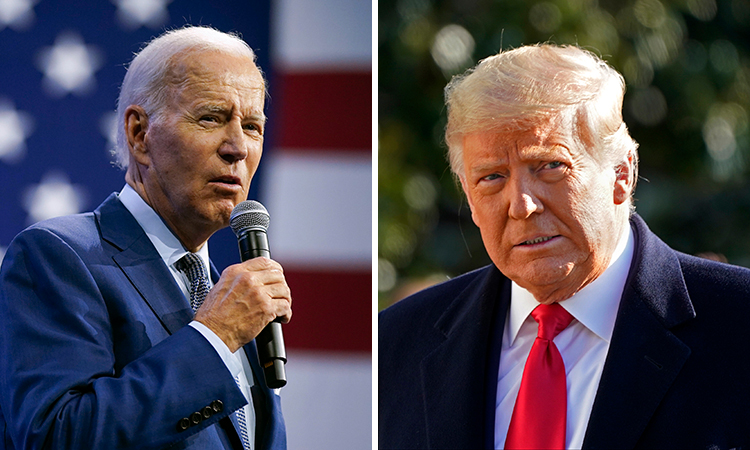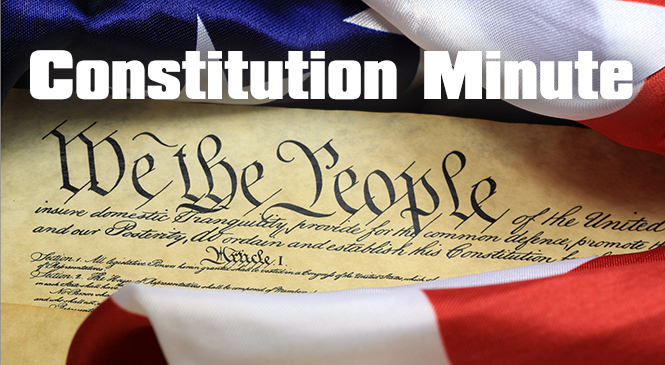Rematch.

Last night, as returns from primaries in Georgia, Mississippi, Northern Mariana, Washington state and Democrats Living Abroad came in, each of President Joe Biden and former president Donald Trump clinched the number of delegates necessary to win the nominations of their respective parties.
Donald Trump spoke on his social media site Truth Social last night.
Most importantly we now have to go on to victory because our country’s in serious trouble. We have millions and millions of people flowing in. We have no respect on the world stage, what we say doesn’t mean a thing anymore. And to have that happen is unthinkable…”
The presumptive nominee label isn’t sticking as firmly to President Biden. Biden’s increasingly frequent mental lapses are keeping alive the idea of a substitute nominee by the time the Democratic convention comes. It’s unlikely. But things like this from a campaign event last week in Pennsylvania keep fueling speculation.
Pennsylvania, I have a message for you. Send me to Congress so that I can support this right, and I promise you we take back Congress and we will restore Roe v. Wade as the law of the land.”
All such speculation aside, as it stands now (and assuming that my history is correct), we are looking at the seventh presidential rematch in our 235 years as a constitutional republic.
John Adams and Thomas Jefferson faced each other in 1796 and again four years later in 1800. Adams won the first one. Jefferson took the second.
Twenty-four years later, President Adams’s son, John Quincy Adams defeated Andrew Jackson in the election of 1824. He did it again four years later in 1828.
Martin Van Buren and William Henry Harrison split a pair in the elections of 1836 and 1840. Van Buren took the first one. Harrison took the second.
William McKinley and William Jennings Bryan faced off twice in a row in 1896 and 1900. McKinley prevailed both times.
In 1952, General of the Army Dwight D. Eisenhower handily defeated Adlai Stevenson, taking 39 of the then 48 states. They would square off again four years later. In that election, Eisenhower took 41 states.
Oh, did you think I forgot one? I didn’t. I was saving it. The contest of 1892 is the one that most closely resembles the looming contest of 2024. Grover Cleveland won the election of 1884, defeating James G. Blaine. But he lost re-election to Benjamin Harrison in 1888. Grover Cleveland fished and dabbled at practicing law for four years before coming back to defeat Benjamin Harrison in a rematch election in 1892, making him the only president so far to serve two non-consecutive terms.
As First Lady Frances Cleveland was leaving the White House after her husband’s defeat in 1888, she said to a White House staff member:
Now, Jerry, I want you to take good care of all the furniture and ornaments in the house, for I want to find everything just as it is now, when we come back again.”









